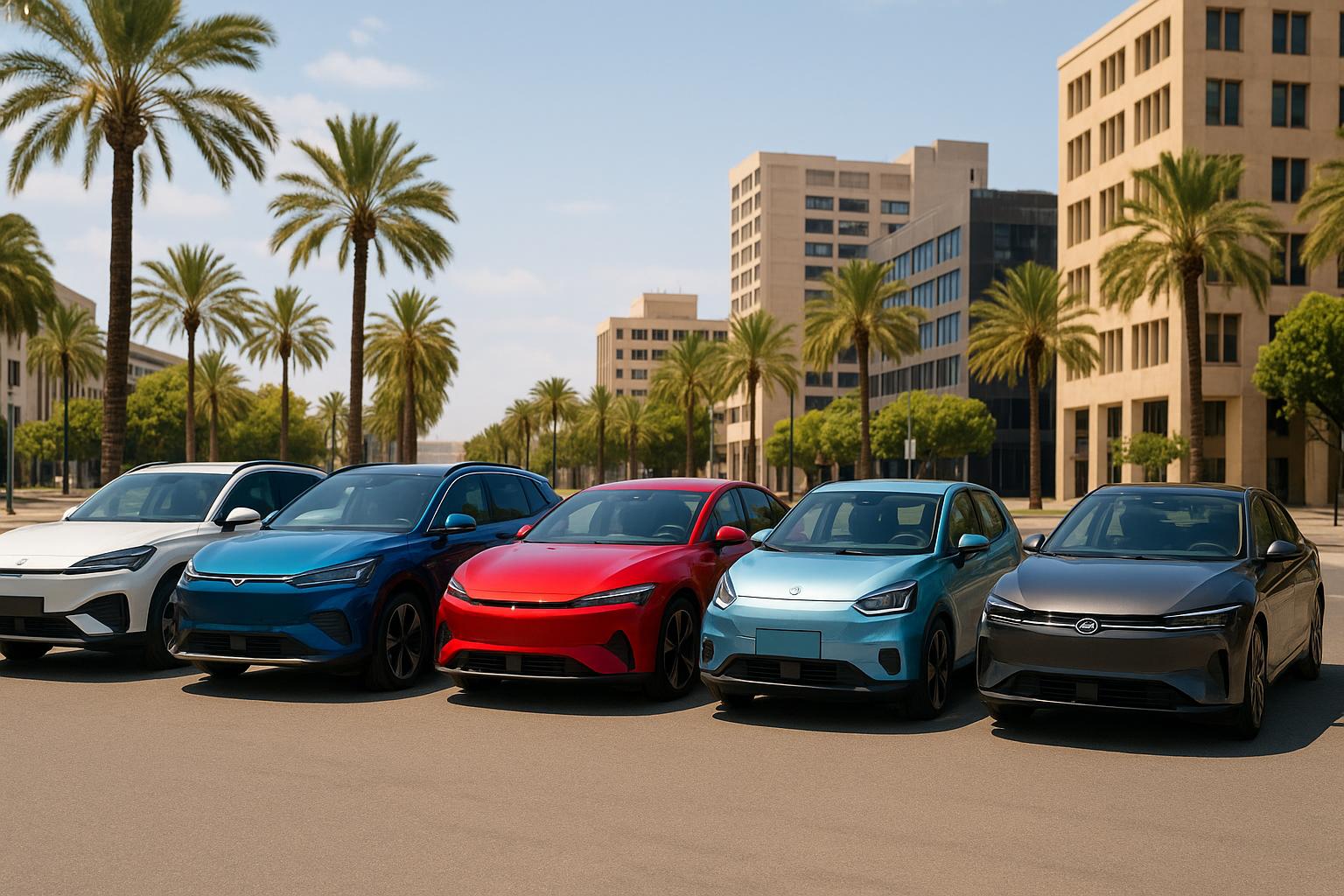
Africa’s EV market is growing fast, driven by rising fuel costs and demand for cost-effective transportation. Chinese automakers are stepping up, offering affordable, city-friendly electric vehicles and investing in charging infrastructure. Here are five Chinese EVs you can buy in Africa in 2025:
- BYD Seagull: A compact, budget-friendly hatchback designed for urban commutes with flexible charging options. Estimated price: under $22,500.
- Wuling Hongguang MINI EV: A small, affordable two-seater for short-distance city driving. Estimated price: under $22,500.
- Xiaomi SU7: A full-size sedan with long battery ranges (up to 516 miles) and fast charging. Prices start at $30,400.
- Chery eQ7: A versatile EV with DC fast charging, ideal for mixed road types. Estimated price: under $22,500.
- Neta V: A compact crossover with modern tech features and a mid-range price, perfect for urban families. Estimated price: under $22,500.
Each model offers options for different budgets and driving needs, making Chinese EVs a practical choice for African cities in 2025.
Chinese EVs You Can Buy in Kenya – Africa EV Show
1. BYD Seagull
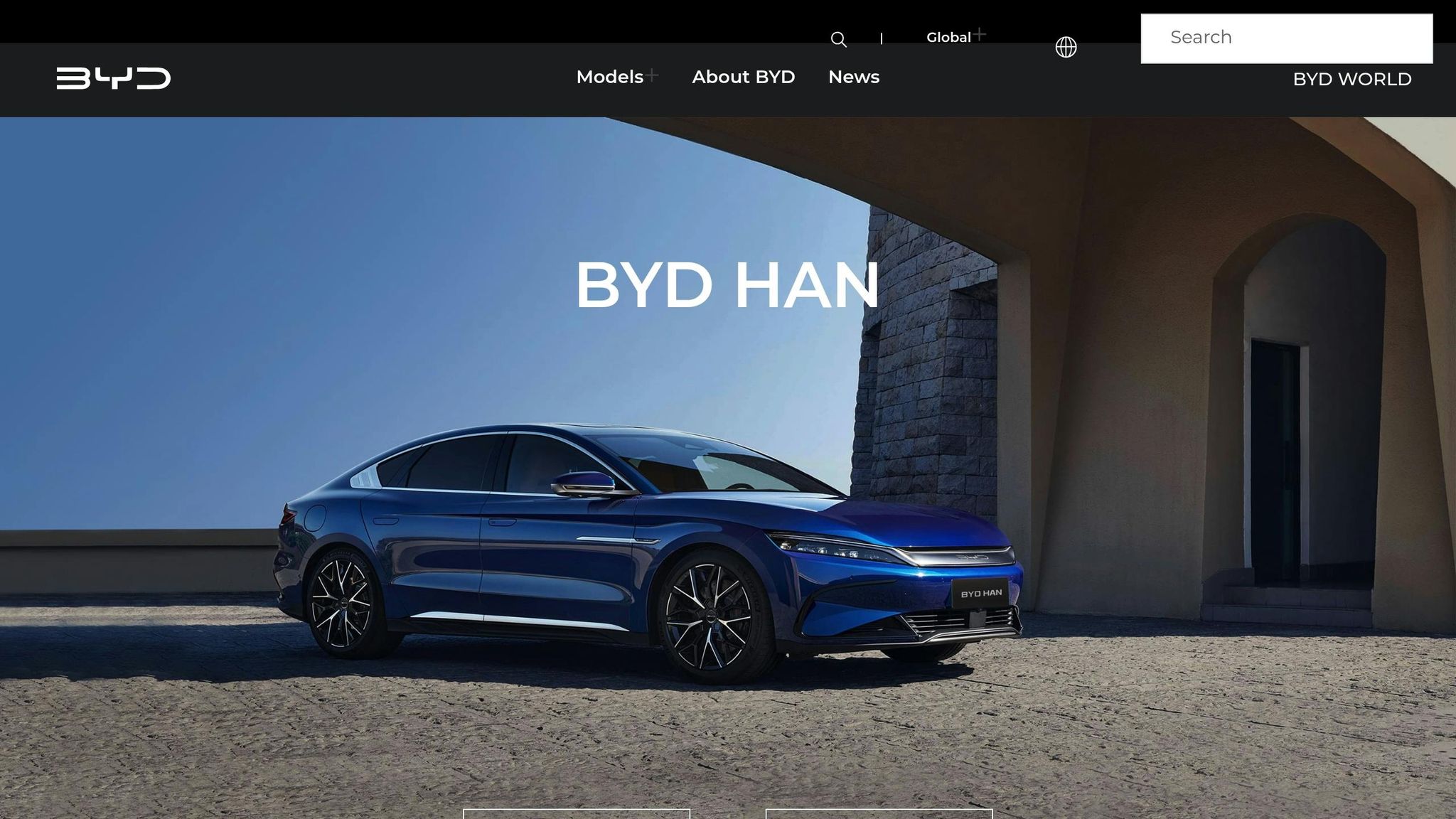
The BYD Seagull is set to make waves in Africa’s urban EV market by 2025. This compact hatchback is built with the hustle and bustle of African cities in mind, focusing on agility and efficiency. Let’s explore what makes it stand out in terms of cost, battery performance, charging options, and its fit for the market.
Affordable Electric Mobility
BYD aims to keep the Seagull within reach for a broad range of buyers, making the shift to electric vehicles more accessible. While final pricing will depend on local taxes and import duties, the Seagull is expected to be an economical alternative to traditional gas-powered cars.
Designed for Everyday Driving
The Seagull’s battery options are tailored for urban commuters, offering enough range to handle typical daily trips comfortably. This focus on practicality ensures it meets the needs of city drivers without unnecessary extras.
Flexible Charging Options
Whether you prefer charging at home or using public fast-charging stations, the Seagull has you covered. Its flexibility in charging is a major advantage as urban charging networks continue to grow across Africa.
Built for Urban Life
Compact and versatile, the Seagull is ideal for navigating city streets, running errands, or taking family trips. It’s also a smart choice for ride-sharing and taxi operators looking to add electric vehicles to their fleets, thanks to its practical design and functionality.
2. Wuling Hongguang MINI EV

After the BYD Seagull, the Wuling Hongguang MINI EV steps in as another great choice for city-focused electric driving in Africa. With a launch planned for 2025, this compact two-door EV is aimed at first-time buyers looking for simplicity and practicality. It has already made waves in its home market and could be a game-changer for urban mobility. Let’s explore what it brings to the table.
Budget-Friendly Design
One of the standout features of the Hongguang MINI EV is its affordability. While pricing will vary by region, it’s expected to remain within reach for many in African markets. Its no-frills approach not only keeps the sticker price low but also helps reduce maintenance and ownership costs. This makes it an attractive option for those looking to transition to electric vehicles without breaking the bank.
Battery Options for Everyday Needs
The MINI EV offers flexibility with a choice of standard and extended battery ranges. Whether it’s for short daily commutes or slightly longer trips, this EV is designed to meet the typical driving patterns seen in African cities. It’s a practical solution for navigating urban environments without worrying about frequent recharging.
Simple Charging Solutions
Charging the Hongguang MINI EV is straightforward. It’s compatible with standard AC charging setups, making it easy for owners to charge at home overnight. While it doesn’t support fast DC charging, its design aligns with the needs of urban drivers who can plan their charging around daily routines.
Perfect Fit for City Life
The compact size of the MINI EV makes it ideal for crowded city streets and tight parking spaces. Its two-seater setup is well-suited for individual use or small-scale urban businesses. Add to that its low running costs and nimble handling, and it becomes a practical choice for navigating busy urban landscapes and managing day-to-day errands or deliveries.
3. Xiaomi SU7
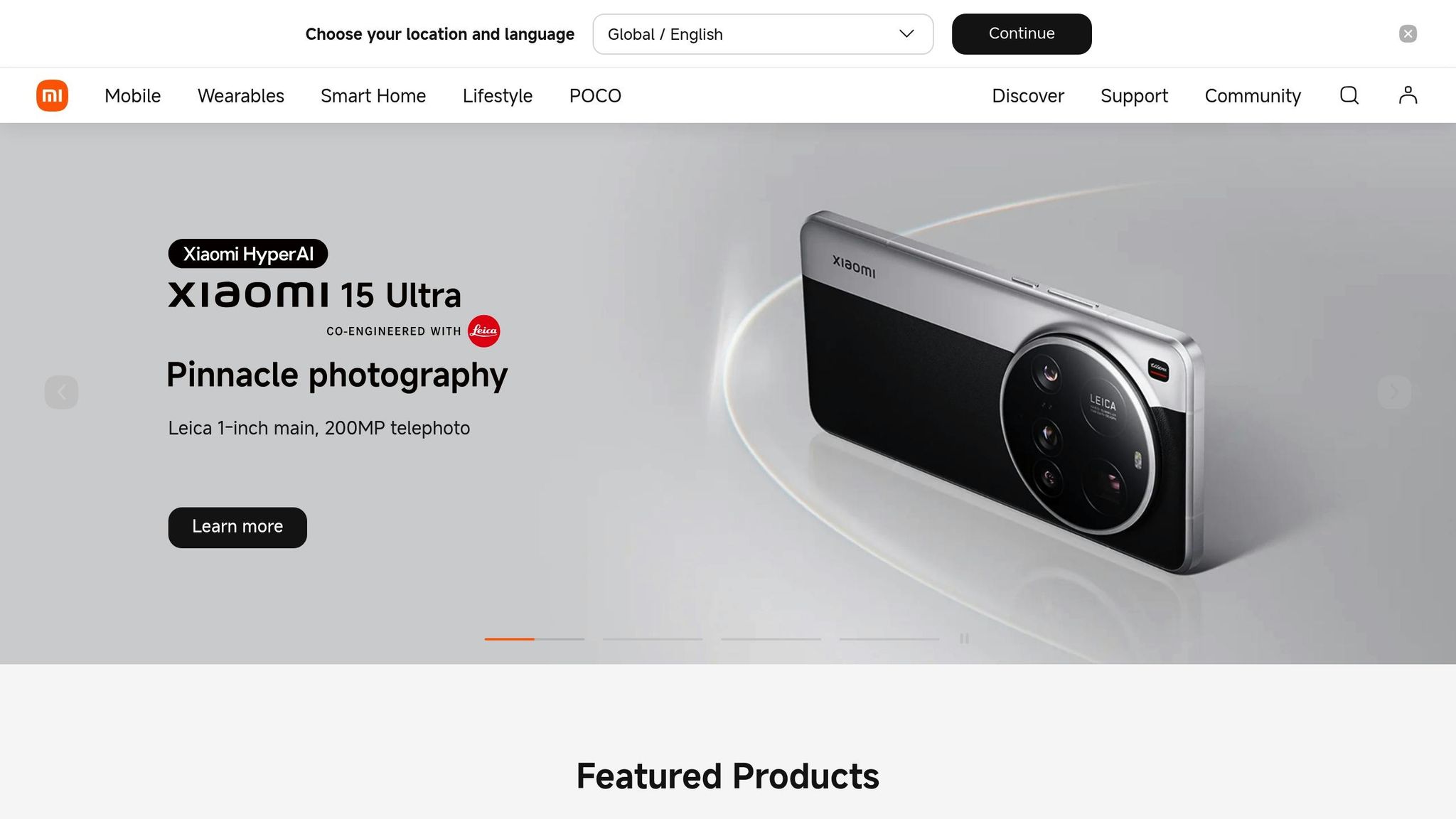
Shifting gears from compact EVs, the Xiaomi SU7 offers a spacious full-size sedan option tailored for longer trips and a range of budgets. Available in four variants – Standard, Pro, Max, and Ultra – this vehicle aims to meet a variety of driving preferences across Africa.
Affordability (Price in USD)
The SU7 lineup is designed with pricing flexibility in mind. The Standard model starts at $30,408, followed by the Pro at $34,633, the Max at $42,239, and the high-performance Ultra at $73,000. With this range of options, customers can find a model that aligns with both their needs and budget.
Battery Range (Kilometers/Miles)
The SU7 delivers impressive range options, ensuring peace of mind on long drives. The Pro leads with a CLTC range of 830 km (516 mi), followed by the Max at 800 km (497 mi) and the Standard at 700 km (435 mi). Even the performance-focused Ultra provides a solid range of 620 km (385 mi). These figures make the SU7 a reliable choice for areas where charging stations might be few and far between.
Charging Compatibility (Fast/Slow Charging)
All SU7 models come equipped with 11 kW AC charging, perfect for overnight recharges. For faster top-ups, the DC fast-charging capabilities vary: the Standard and Pro support up to 170 kW, the Max reaches 300 kW, and the Ultra boasts an impressive 490 kW, allowing a 10-80% charge in just 11 minutes. This quick charging is a game-changer for long-distance travelers who need minimal downtime.
Market Suitability
With its roomy interior, the SU7 is ideal for families or solo drivers embarking on extended journeys. Its combination of long battery ranges and rapid charging makes it a practical option for navigating vast distances, especially in regions where charging infrastructure is still developing. Whether for daily commutes or cross-country adventures, the Xiaomi SU7 delivers both comfort and convenience.
sbb-itb-99e19e3
4. Chery eQ7
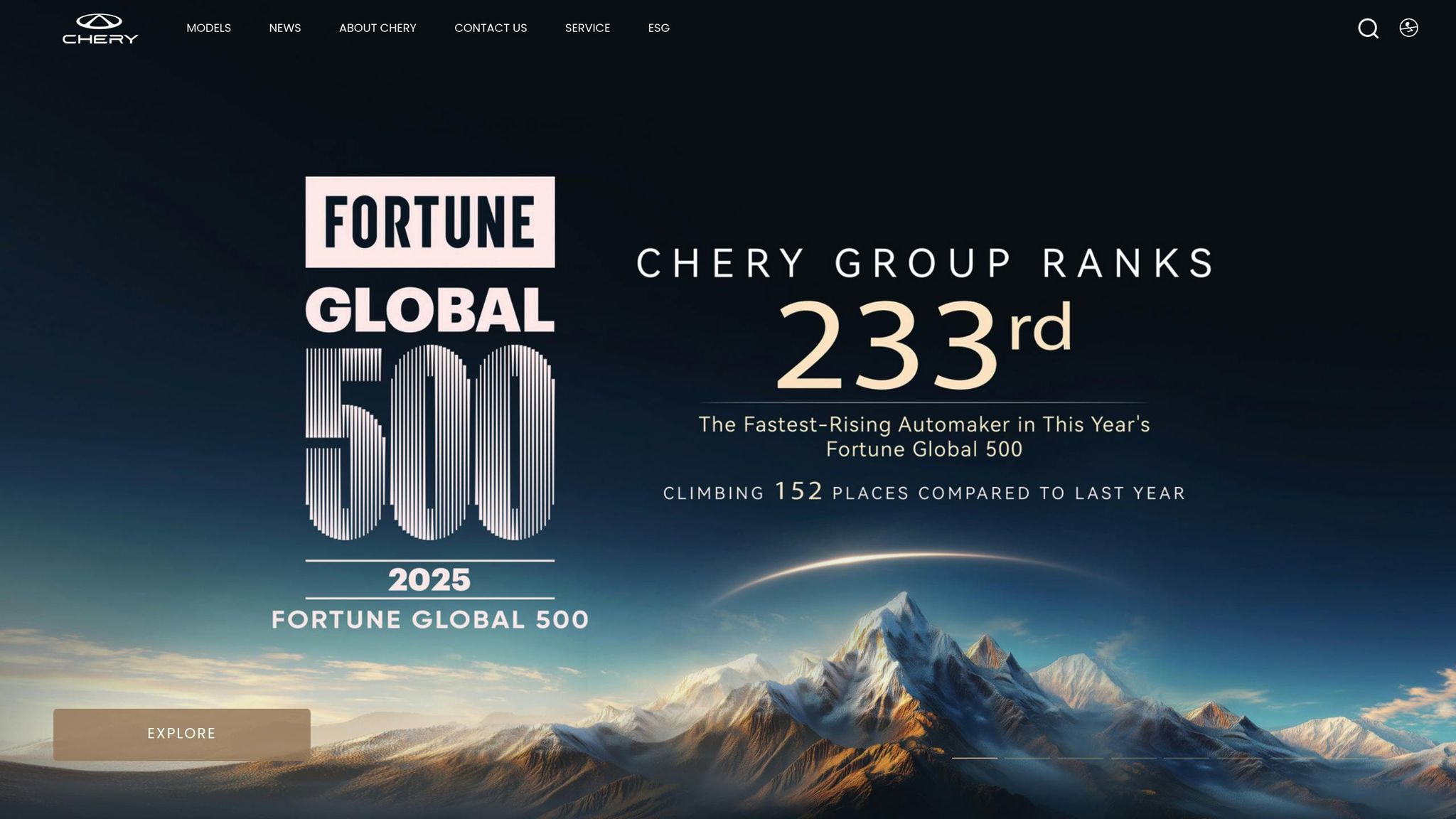
The 2025 Chery eQ7 tackles one of Africa’s key hurdles – charging infrastructure – with its support for DC fast charging. This feature allows the battery to go from 0% to 80% in just 30 minutes. In regions where charging networks are still expanding, this quick charging capability offers a practical edge. It pairs seamlessly with the vehicle’s other standout features, which we’ll explore next.
5. Neta V
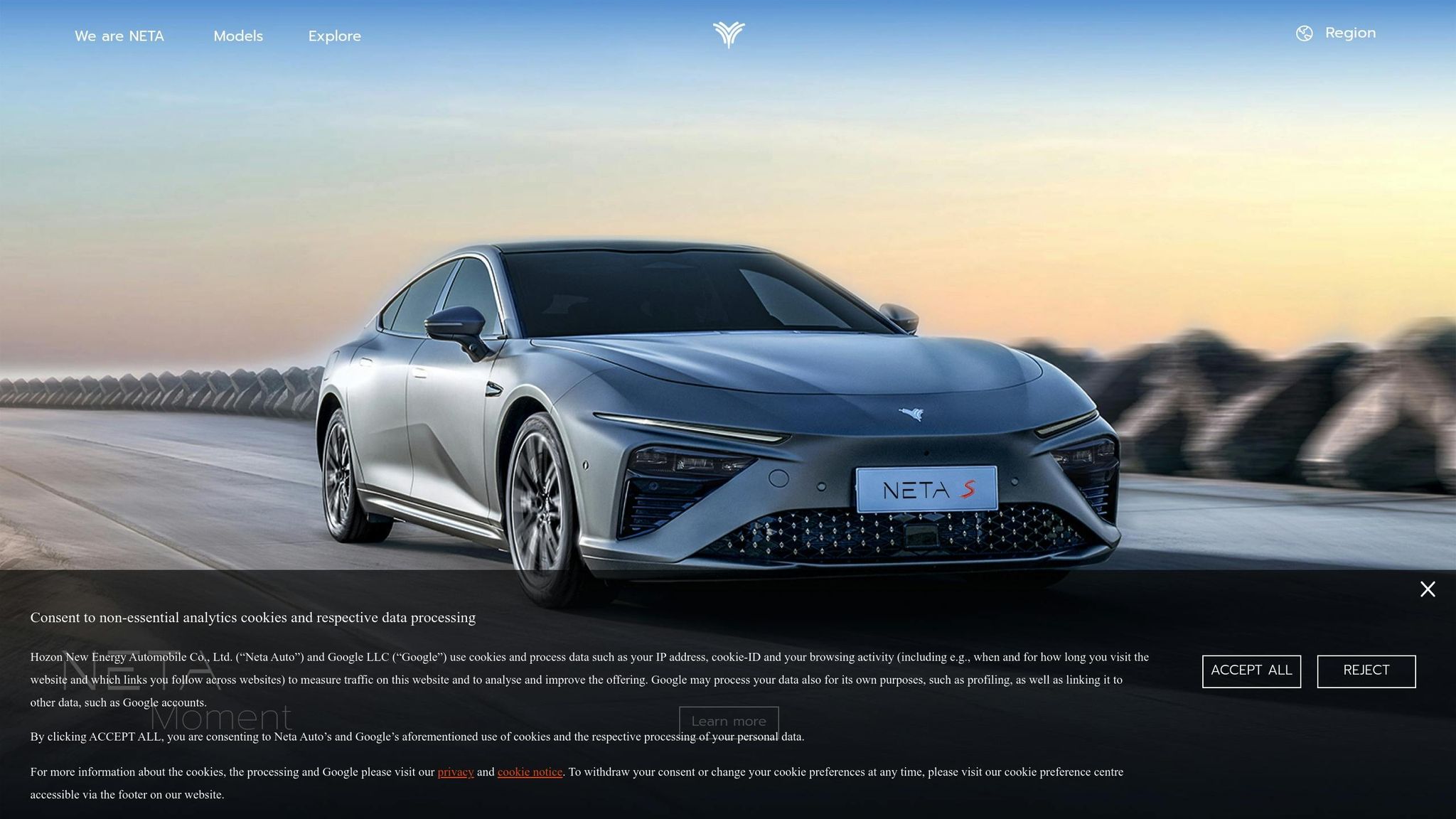
The Neta V is a compact crossover that combines smart features with a sturdy design, making it a solid choice for urban driving in Africa. Here’s a closer look at what it offers:
Affordability
With a mid-range price point, the Neta V is aimed at middle-class families and young professionals. It strikes a balance between cost, essential tech features, and reliable build quality.
Battery Range
The Neta V is built with efficiency in mind, offering a range that’s well-suited for everyday commutes and the occasional longer journey.
Charging Compatibility
This crossover supports both AC slow charging – perfect for overnight recharges – and DC fast charging for those times when you need to power up quickly.
Market Suitability
Its compact size and higher seating position make it ideal for city driving, offering better visibility and easier parking. The inclusion of modern driver assistance features and connectivity options ensures it appeals to tech-savvy drivers and urban families alike.
Price and Features Comparison
Here’s a quick look at how these vehicles stack up in terms of price, features, and who they’re best suited for. This summary bridges the detailed overviews provided earlier, offering a snapshot for easy comparison.
| Vehicle | Price Range (USD) | Key Features | Ideal For |
|---|---|---|---|
| BYD Seagull | Under $22,500 | Budget-friendly with a sleek, modern design | City commuting and first-time EV buyers |
| Wuling Hongguang MINI EV | Under $22,500 | Compact and low-maintenance | Urban mobility and short-distance trips |
| Xiaomi SU7 | Starting at $30,400 | Advanced smart tech and connectivity | Tech enthusiasts and versatile travel needs |
| Chery eQ7 | Under $22,500 | Flexible design for different road types | Families and mixed-terrain driving |
| Neta V | Under $22,500 | Smart features at a competitive price | Urban families and tech-savvy drivers |
"As long as they remain affordable from an up-front cost perspective, they will be differentiated against legacy brands offering similar specifications".
These vehicles are priced lower than comparable models, making them attractive options for buyers. Chinese EV brands also stand out for their advanced smart features, such as connectivity and driver-assistance technologies, offering a strong alternative to both traditional gasoline cars and pricier electric models.
However, it’s worth noting the financial stability of smaller manufacturers like Hozon (Neta’s parent company). Business challenges could affect long-term support and after-sales services, especially in African markets.
This comparison is designed to help buyers quickly identify which model fits their needs as they explore electric mobility options in Africa.
Conclusion
The five Chinese electric vehicles discussed in this guide offer a variety of choices tailored to meet the diverse needs of African consumers making the shift to electric mobility. From the budget-friendly BYD Seagull and Wuling Hongguang MINI EV to the tech-savvy Xiaomi SU7, these vehicles highlight how affordability and innovation can go hand in hand, presenting strong alternatives to traditional gasoline-powered cars.
However, the journey to owning an EV involves more than just picking the right model. Navigating the complexities of importing, meeting compliance standards, and managing delivery logistics can be daunting, especially across Africa’s 54 unique markets. That’s where EV24.africa steps in to simplify the process. They handle everything – customs clearance, local registration, and even financing – offering transparent pricing with no hidden fees. This makes owning an electric vehicle much more accessible.
"At EV24.africa, we simplify the process of importing and buying electric vehicles in Africa. Our expertise ensures a seamless, transparent, and stress-free experience, so you can focus on driving the future of mobility."
- EV24.africa
With door-to-door delivery across the continent and options for RoRo or container shipping, EV24.africa eliminates the usual headaches of importing vehicles. Whether it’s the compact practicality of the Neta V or the adaptable design of the Chery eQ7, their comprehensive support ensures these EVs reach buyers with ease.
As Africa’s electric vehicle market expands, these models provide practical answers to urban transportation challenges while embracing advanced technology and sustainable solutions. With platforms like EV24.africa paving the way, African consumers are better equipped to embrace the electric mobility revolution.
FAQs
What should African buyers look for when choosing a Chinese electric car in 2025?
When considering a Chinese electric car in 2025, African buyers should keep a few important factors in mind to ensure the car aligns with their needs:
- Cost: Take into account both the upfront price and potential savings on fuel and maintenance over time.
- Driving Range: Check how far the car can go on a single charge, especially if you plan to use it for daily commutes or occasional long-distance trips.
- Charging Infrastructure: Make sure the car is compatible with the charging facilities available in your area to avoid inconvenience.
- Features and Technology: Look for options like smart connectivity, driver-assistance systems, and safety features that can enhance your overall driving experience.
Focusing on these aspects will help buyers choose an electric vehicle that suits their lifestyle while addressing the specific challenges and opportunities of the African market.
How does EV24.africa make it easier for African consumers to buy and own electric vehicles?
EV24.africa makes owning an electric vehicle in Africa much easier by tackling the major hurdles consumers face. They take care of complicated import processes, help cut costs through tax breaks and reduced tariffs, and provide flexible financing options to make EVs more accessible.
But they don’t stop at just selling the vehicles. EV24.africa also manages logistics, delivery, and critical post-purchase services like vehicle registration and warranty assistance. This all-in-one service ensures a smooth and stress-free shift to electric mobility for African consumers.
What challenges might you face owning a Chinese electric car in Africa, and how can they be solved?
Owning a Chinese electric car in Africa isn’t without its hurdles. Some of the key challenges include limited charging infrastructure, higher upfront costs, and import tariffs that can push prices higher. These factors can make it tough for many consumers to embrace electric vehicles (EVs).
To tackle these obstacles, there’s a real need for investment in charging networks, especially in urban centers and along key highways. Governments and private companies could play a big role here. Offering tax breaks or subsidies to EV buyers is another way to ease the financial burden. On top of that, collaborations between Chinese car manufacturers and local businesses might help lower costs and improve access, making EVs a more realistic option for African consumers.




